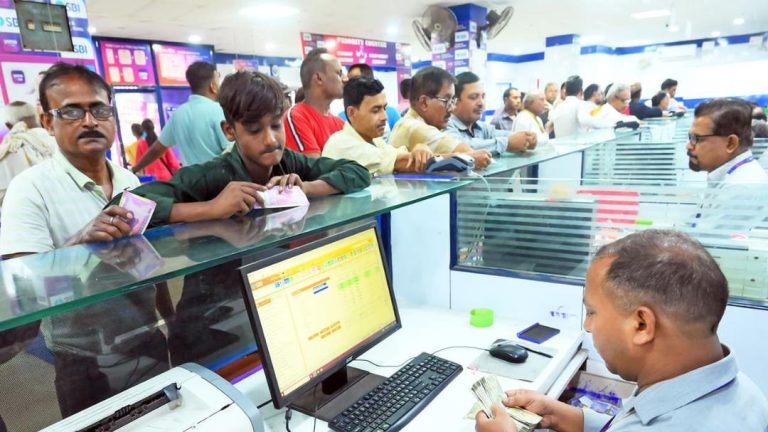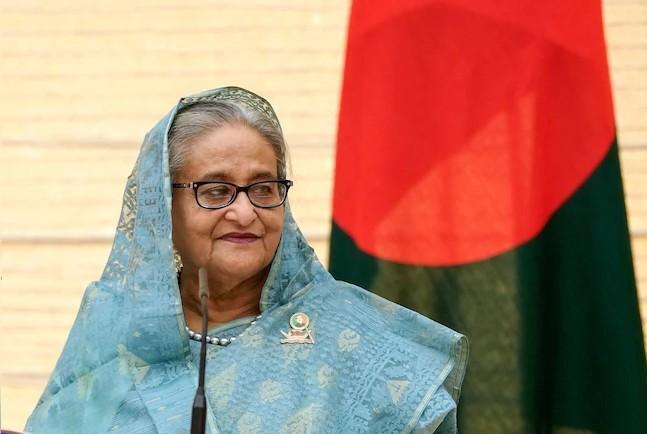
CBFC Cuts Words like ‘Pradhan Mantri’ & ‘Chaiwala’ from Murderbaad
In a surprising move, the Central Board of Film Certification (CBFC) has instructed the makers of the upcoming film, Murderbaad, to edit out words such as ‘pradhan mantri’ and ‘chaiwala’ from a dialogue. The decision has raised eyebrows among film enthusiasts and sparked a debate on the CBFC’s role in sanitizing Indian cinema.
According to reports, the CBFC asked the makers to remove the words from a dialogue that was intended to be a harmless joke. The joke was meant to be a relatable and aspirational comment for the lower-middle class in India, but the CBFC deemed it necessary to cut it out. The film’s director, Arnab Chatterjee, has expressed his disappointment and confusion over the decision.
“It was absolutely benign joke, rather aspirational for lower-middle class of our country, and far away from any political stance,” Chatterjee said. “We were not trying to make any political statement or provoke anyone. We just wanted to make a light-hearted film that people could enjoy.”
Murderbaad, a thriller, has received an ‘A’ certification from the CBFC, which means that it is suitable for viewers above the age of 18. However, the controversy surrounding the edit suggests that the CBFC may be more concerned with maintaining a particular image of India rather than allowing filmmakers to express themselves freely.
The words ‘pradhan mantri’ and ‘chaiwala’ are not particularly controversial or offensive, and it is unclear why the CBFC deemed them necessary to remove. A ‘pradhan mantri’ is simply the Hindi term for a prime minister, and a ‘chaiwala’ is a tea vendor. The dialogue likely used these words in a humorous and innocuous way, but the CBFC has seen fit to censor them nonetheless.
The CBFC’s decision has sparked a heated debate on social media, with many people expressing their outrage and frustration over the censorship. Some have argued that the CBFC is overstepping its boundaries and stifling creativity in Indian cinema. Others have defended the board’s decision, citing the need to maintain a certain level of decorum and respectability in Indian films.
The controversy surrounding Murderbaad is not the first time that the CBFC has been criticized for its censorship decisions. In recent years, the board has been accused of being overly restrictive and heavy-handed in its approach to film certification. Many filmmakers have complained about the CBFC’s refusal to grant certificates to their films, citing various reasons such as “obscenity,” “indecency,” and “national security.”
The CBFC’s role in Indian cinema is a complex and contentious one. On the one hand, the board is responsible for ensuring that Indian films comply with certain standards of decency and morality. On the other hand, the board’s efforts to censor and sanitize Indian cinema have been criticized for stifling creativity and expression.
In the case of Murderbaad, the CBFC’s decision to cut out words like ‘pradhan mantri’ and ‘chaiwala’ may seem trivial to some, but it raises important questions about the board’s role in shaping Indian cinema. Is the CBFC truly concerned with maintaining a certain level of decency and respectability in Indian films, or is it simply trying to impose its own brand of censorship on the industry?
Ultimately, the controversy surrounding Murderbaad serves as a reminder of the need for greater transparency and accountability in the CBFC’s decision-making process. Filmmakers and audiences alike deserve to know why certain words or scenes are deemed necessary to cut, and what criteria the CBFC uses to make its decisions.
As the debate surrounding Murderbaad continues to unfold, one thing is clear: the CBFC’s censorship decisions have far-reaching implications for Indian cinema and the freedom of expression.





